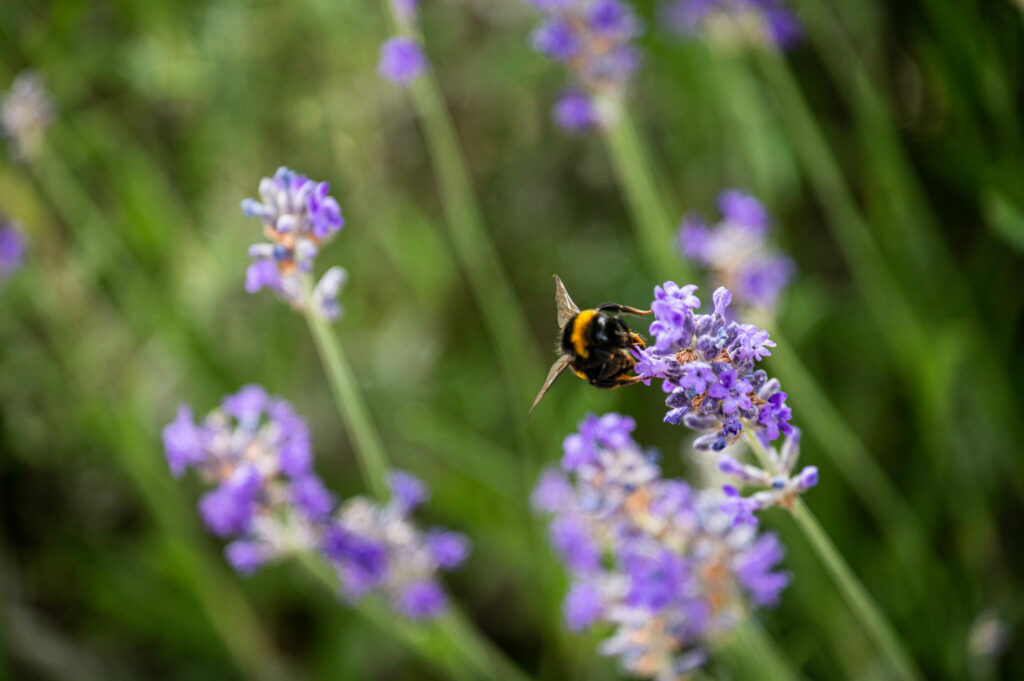On this year's World Bee Day (20 May), there is little cause for celebration in Belgium, as the mortality rate of bees in the country has risen for the second year in a row. Last year, more than a quarter of Belgium's bees did not survive the year.
The Federal Agency for the Safety of the Food Chain (FAVV) visits Belgian beekeepers three times a year to monitor bee mortality: in autumn when the colonies are preparing for winter, in spring when the bees are searching for food and in summer when the bees are active.
Last year, the agency warned that bees' mortality rate increased to 21.8% after a slight drop in the mortality rate for 2020-2021 (17.76%). The latest results demonstrate that this trend is continuing, it reported on World Bee Day.
In the most recent report, results showed that a staggering 27.2% of all bees had died across 179 bee stands, representing 742 colonies – an increase of 5.4 percentage points compared to the previous year.
Main killers
This figure is likely an underestimation, as the FAVV selects the healthy colonies most likely to survive the winter during its autumn visit. The number of bee deaths over one year is therefore likely higher.
The Varroa mite – a parasite which targets bees – remains bees' biggest cause of death. However, a bacterial disease called European Foulbrood (EFB) which affects honey bee larvae, also took hold in 2023. A record of 20 outbreaks of the bacterial disease were recorded in 2023, up from just four two years ago.
"When these diseases are detected, the bee colony is destroyed to avoid any spread to other hives," the FAVV noted. Last year, this happened 17 times. All Belgian beekeepers (a total of 10,428 in 2023) are registered with the FAVV so the agency can intervene quickly when diseases and pests circulate.
Related News
- Over a quarter of bees from Flemish beekeepers did not survive winter
- Walloon beekeepers win gold at honey competition
World Bee Day is a United Nations initiative which takes place every year on 20 May. It aims to highlight the importance of bees for nature conservation and encourages people to help bees. On this day, the FAVV is appealing to people in Belgium to help stop the mass mortality of bees.
Bee populations can be strengthened by replacing a mowed lawn with a flower bed, which provides a rich source of food for bees. Planting honey-bearing plants, such as dogwood, in gardens or on balconies also helps strengthen the insects. On hot days, it is advised to put out bowls with water and pebbles so the bees can drink without drowning.

